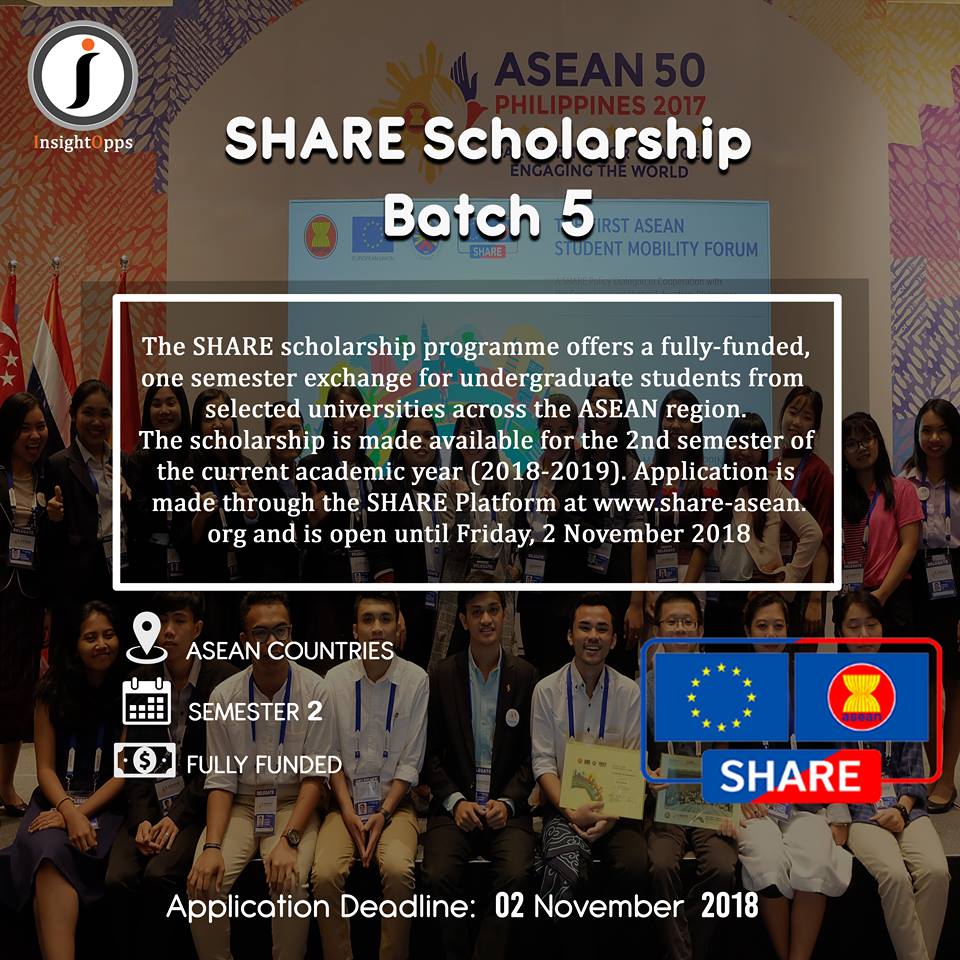|
Erasmus+ (CBHE)
|
Strengthening climate change education for sustainable development in Vietnam (CLIDEV)
(24-07-2024 14:58)
The project entitled “Strengthening climate change education for sustainable development in Vietnam (CLIDEV)” is funded by Finland’s Ministry for Foreign Affairs. The project aims to empower an ever-increasing number of students with improved climate change knowledge and skills to make a positive contribution to the needs of society. The main intended outcome is the enhancement of forest and agriculture-related climate change higher education programmes in Vietnam. The project duration is from 1/9/2020 to 31/8/2024 and this is a unique collaboration between six university partners: University of Helsinki and Laurea University of Applied Sciences (Finland); Hue University, Vietnam National University of Forestry, Thai Nguyen University of Agriculture and Forestry and Tay Nguyen University (Vietnam).
The expected outputs of the project are:
These outputs will lead to increased understanding of climate change to support fact-based decision-making resulting in increased resilience of vulnerable communities. It will also support partner countries to pursue sustainable development pathways. |
News
Last News
Web link
|





